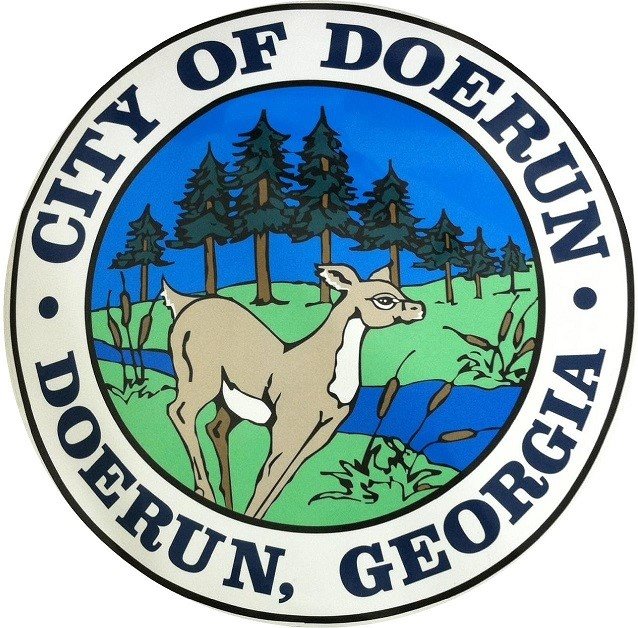Panel: Regionalism key to rural development
Published 2:06 pm Monday, October 8, 2018

- The first panel of the Rural Prosperity Summit featured members of the Georgia Department of Economic Development Rural Initiative Team.
TIFTON, Ga. — Speaking at the second annual Rural Prosperity Summit on Wednesday, the Georgia Department of Economic Development’s Rural Initiative Team recommended a “regionally cooperative approach” to help develop rural economies.
The team included Amy Carter, deputy commissioner for rural initiatives, Chris Chammoun, division director and Taylor Walden, project manager.
Carter, who was recently appointed to the team by Gov. Nathan Deal, said that the major concerns they hear about from around the state are: employers not being able to find a trained workforce; employees unable to pass a drug test because of the opioid crisis; a lack of broadband internet and cell service; affordable and quality housing not being available; the inability of local governments to work together; and a lack of community support for growth and innovation.
The panel said that many of the incentives from the state are geared towards larger projects that will employ around 300 people, but smaller communities often don’t have to need projects of that size.
Carter said that many rural areas would benefit from projects that will employ 25 to 30 people, and that the incentive system from the state needs to be updated to reflect the realities of rural Georgia.
Carter and her panel suggested that a regionally cooperative approach would be a good idea for rural communities to not only attract larger businesses and projects but also to come up with innovative solutions to challenges.
The two-day summit took place Oct. 3-4 at the University of Georgia Tifton Campus Conference Center.
Sponsored by the Georgia Chamber of Commerce’s Center for Rural Prosperity, the summit brings attendees together to listen to speakers, network and participate in panels geared towards finding solutions for challenges facing rural communities.
Several panel discussions focused on listening to people working to promote rural parts of the state.
Sen. Tyler Harper, representing District 7, and Rep. Jason Shaw, representing District 176, addressed the attendees about a legislative perspective on what is being done for rural areas.
They also highlighted regionalism as a way for rural areas to compete with metro areas.
“I think what we have to do in terms of rural communities is to think regionally,” Shaw said. “Some of the largest economic development projects we’ve landed in this state in the last 10 years is because four counties joined together. We’ve got to look at rural communities that are doing better and say, ‘What are they doing there that we aren’t doing and how can we do the same thing?’
“Sometimes, especially in rural parts of the state, we get so concerned about, ‘Is it in my city? Is it in my county?’” Shaw added. “When in reality, in rural Georgia especially, what’s good for one county is probably good for the neighboring county.”
Harper said that he and Shaw have both had the conversation about not being afraid to work together regionally on economic development projects.
“I think that’s important for future investment and future economic development, especially in the rural parts of our state,” Harper said.
Rusty Smith, chair of Auburn University’s architecture program, presented the Auburn University Rural Studio at the summit.
The studio partners the engineering program with other partners to have students plan and build affordable, sustainable housing for the poorest residents in rural Alabama.
The students get hands-on experience and also a practical lesson in thinking creatively to provide affordable housing for people.
Smith said that the new housing for the recipients of the homes las been literally life-changing for them.
Smith said that the program has been ongoing for 20 years and they are looking to encourage getting similar programs started in other parts of the country.
Both the Democratic and Republican gubernatorial candidates addressed the summit.
Democratic candidate Stacey Abrams pre-recorded a video that was played for the attendees.
Republican candidate Brian Kemp stopped by the summit while on his bus tour through the area.





